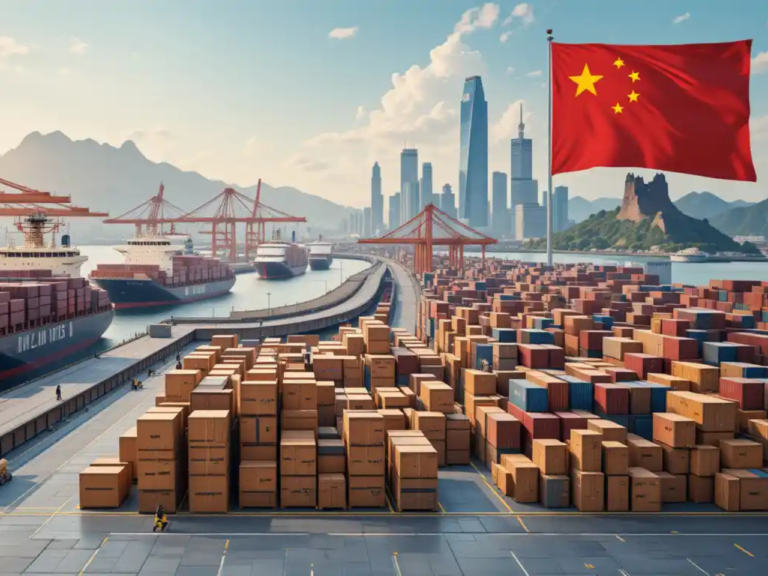Overview of Product Quality and Compliance in China
In today’s global marketplace, the assurance of product quality and compliance with regulatory standards is paramount for businesses aiming to thrive. This is especially true in the case of China, a leading manufacturing hub whose products touch nearly every corner of the globe. Understanding and navigating the complexities of product certification in China is crucial for businesses to meet consumer expectations and adhere to regulatory bodies globally. This tutorial delves into the intricacies of Product Certification Services in china, highlighting its significance, methodologies, and the benefits it brings.
Understanding Product Certification in China
What is Product Certification?
Product certification in China is a critical process conducted by third-party certification bodies. It involves the assessment and verification of a product’s compliance with specific standards or regulatory requirements. These standards may pertain to safety, quality, performance, or environmental impact, tailored to the product’s nature and intended markets.
The Importance of Product Certification
For businesses exporting from China, product certification is not just a regulatory hurdle but a strategic advantage. It signifies compliance with both local and international standards, enhancing product credibility and marketability worldwide. This certification reassures consumers about the safety and quality of their purchases, fostering trust and confidence in the brand.
Overview of Product Certification Services in China
Regulatory Landscape
China’s regulatory framework for product safety and quality is robust and comprehensive. Government agencies, including the General Administration of Quality Supervision, Inspection, and Quarantine (AQSIQ) and the Standardization Administration of China (SAC), set forth a myriad of laws, rules, and standards that define product certification requirements.
Types of Product Certification
- CCC Certification: A mandatory certification for products like electrical appliances and automotive parts, ensuring their compliance with Chinese safety and quality standards.
- CE Marking: Though not exclusive to China, the CE mark is crucial for products exported to the European Union, indicating compliance with EU standards.
- ISO Certification: Signifies adherence to international standards set by the International Organization for Standardization, covering quality management, environmental management, and more.
Process of Obtaining Certification
The certification process in China is thorough, involving several key steps:
- Documentation Review: Certification bodies examine product documentation to verify compliance with applicable standards.
- Testing and Evaluation: Products undergo rigorous testing to ensure they meet safety, performance, and quality standards.
- Factory Inspection: Some certifications require on-site inspections to validate the manufacturing processes and quality management systems.
- Certification Issuance: Successful completion of the review process results in the issuance of the certification, enabling the product to be marketed and sold with the appropriate certification mark.
Benefits of Product Certification in China
- Market Access: Certification opens doors to the Chinese and other international markets where certification is a prerequisite or a competitive advantage.
- Compliance Assurance: Demonstrates a business’s commitment to regulatory compliance, minimizing the risks of penalties and product recalls.
- Consumer Confidence: A certified product is seen as safer and of higher quality, which can boost sales and brand reputation.
- Competitive Advantage: Certification distinguishes products in the market as reliable and trustworthy options.
FAQs
- What types of products require certification in China? A broad spectrum of products, including electronics, toys, textiles, and cosmetics.
- How long does the certification process take? The duration varies by product and requirements, typically spanning a few weeks to several months.
- Is certification mandatory for all products? Only certain products require mandatory certification for safety and quality standards.
- What benefits does certification offer? It facilitates market access, ensures compliance, builds consumer trust, and provides a competitive edge.
- Can foreign companies seek product certification in China? Yes, foreign entities can apply for certification by adhering to the stipulated procedures and standards.
- Are there different types of product certifications? Yes, certifications vary based on industry sector and regulatory demands.
Conclusion
Navigating the landscape of product certification services in China is a complex but rewarding endeavor. With stringent regulations and a multitude of certification types, businesses operating in or with China must prioritize obtaining the necessary certifications. Doing so not only facilitates market entry but also underscores a commitment to quality and safety, enhancing consumer trust and competitive standing. As regulations evolve, the importance of product certification in China’s vast market is set to grow, making it an indispensable facet of global trade strategies.






